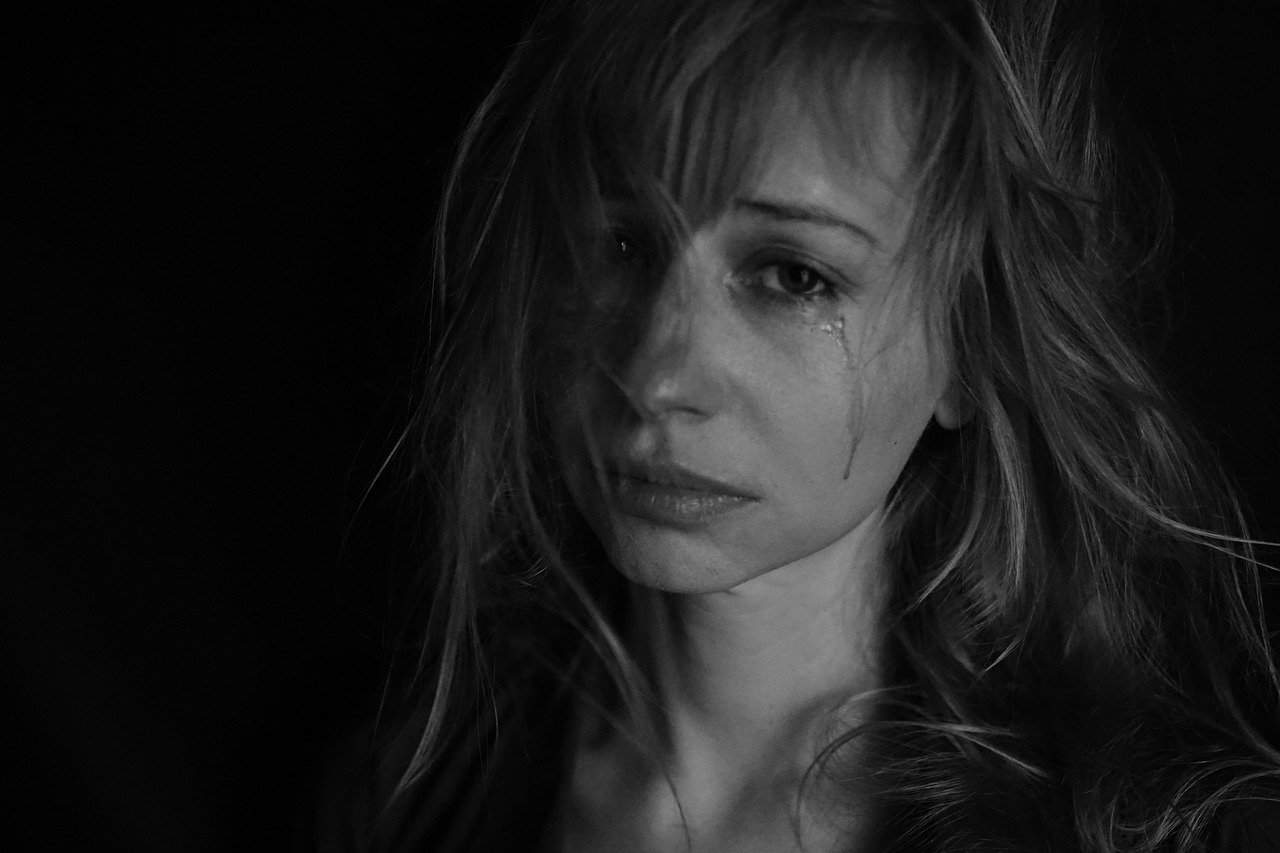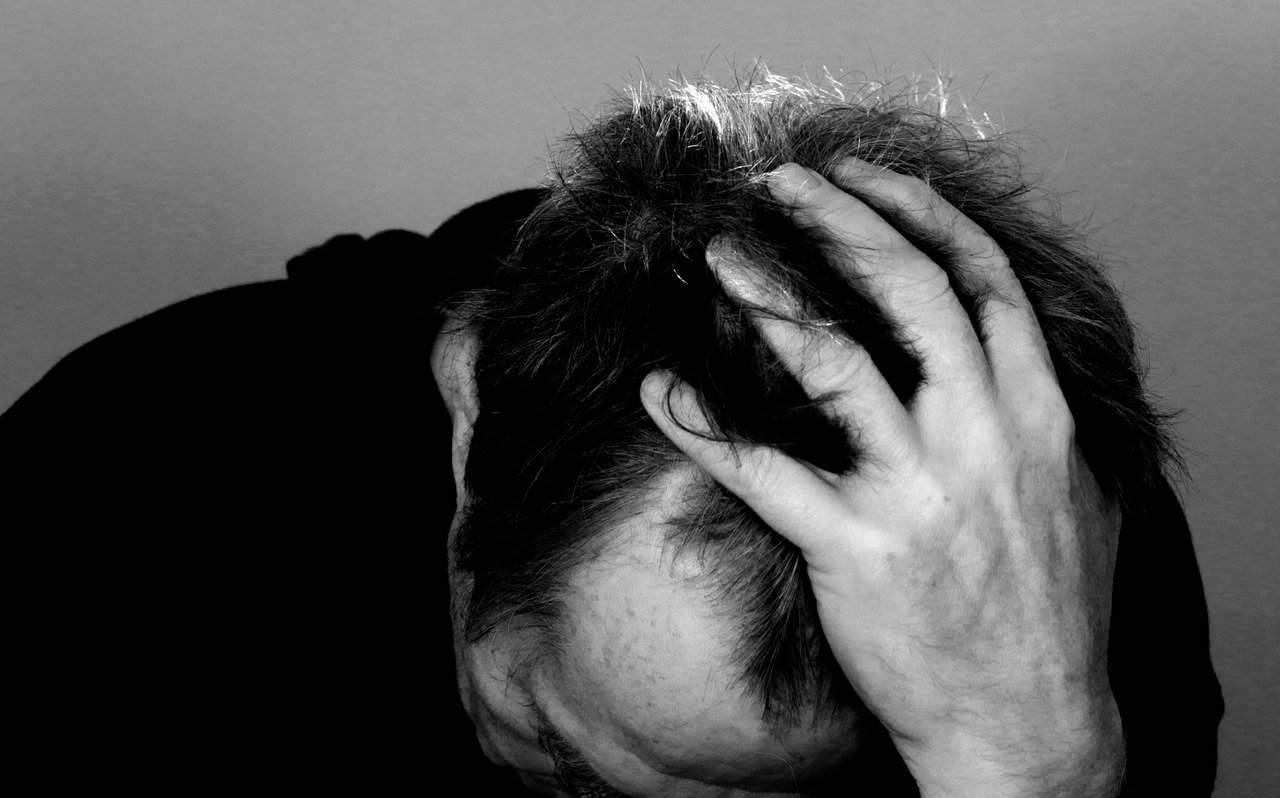Help With Depression
Are you feeling persistently sad or irritable, empty, negative, hopeless or worthless?
Do you have less energy for pleasurable activities including sex and either sleep too much or not enough? Do you have nagging thoughts about death and dying? If so, then you are probably suffering from depression. And you are not alone. According to the National Institute of Mental Health, approximately 9.5% of the population – over 20 million Americans – suffer from depression. There are different types of depression and different causes.

Depression In Women:
Depression is twice as common in women as in men. Many hormonal factors contribute to this rate of depression including menstrual cycle changes, pregnancy, miscarriage, infertility, postpartum depression and menopause. Additionally, woman more than men deal with additional stressors such as juggling work and children, single parenthood and caring for sick or aging relatives. Crying a lot, overreacting to situations, lethargy, a feeling of helplessness, lack of joy are all common symptoms of depression in women.
Depression In Men:
Depression often shows up in men not as persistent sadness or feelings of helplessness but as irritability, anger and hopelessness. Depression is more difficult to recognize in men because it is often masked by alcohol or drug use or by workaholic behavior. And men may be less willing to admit that they are depressed and need help or to reach out for it.
What are some things you can do if you think you are depressed?
1. Notice negative patterns of thinking and behavior
2. Do not isolate yourself.
3. Find someone you feel safe with and confide in them.
4. Eat well and exercise regularly.
5. Try not to make important decisions and in general slow down.
6. Let your family and friends help.
7. Seek professional help.
8. If you are feeling suicidal call a hotline (1-800-SUICIDE) or call 911.
You can be helped. Both psychological treatment and medication are extremely helpful in managing depression.
